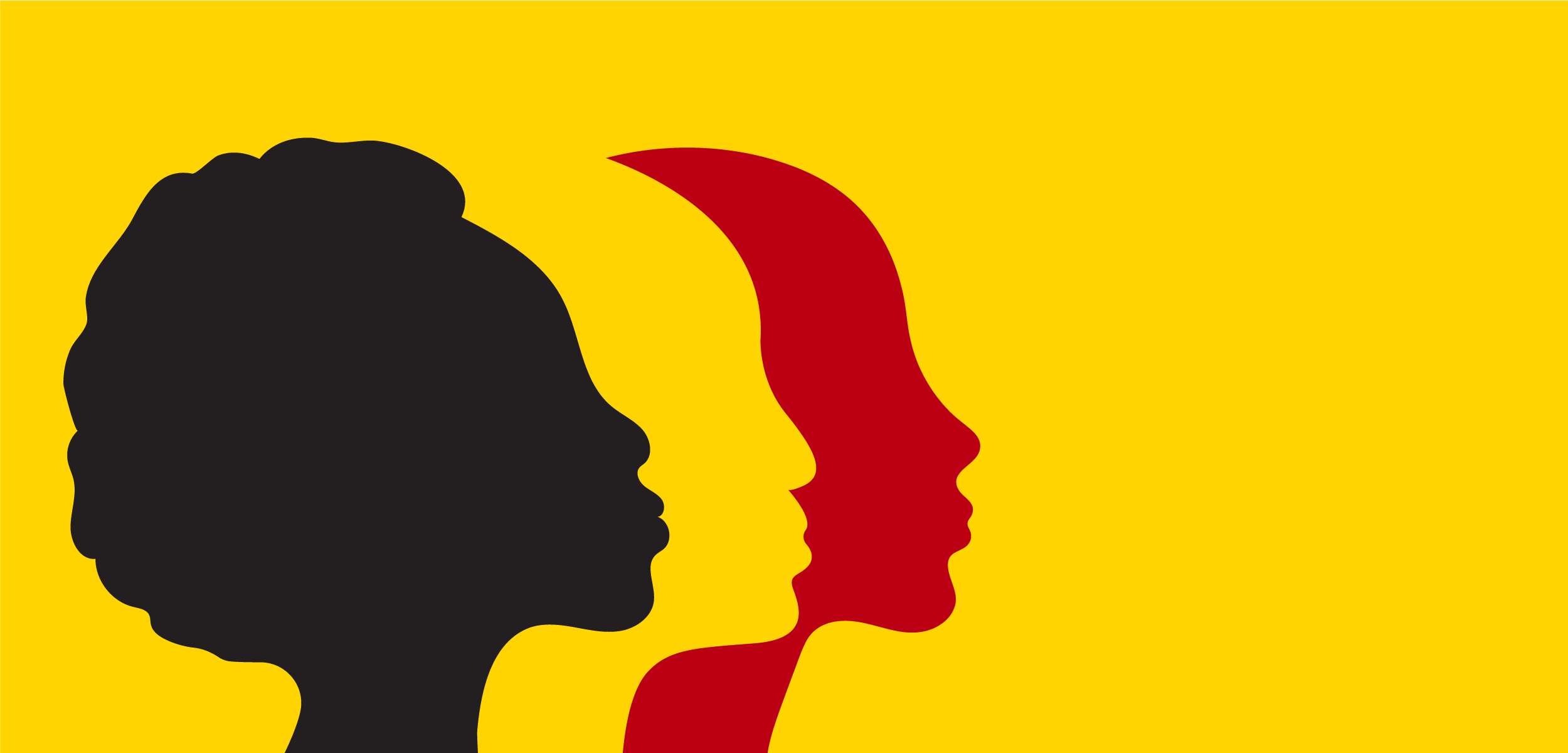

Women´s Art Festival:
Immigrant, Refugee, and
Racialized
Friday, August 2nd to Sunday, August 4th, 2019
Saw Gallery (Arts Court)
67 Nicholas St, Ottawa, ON K1N 7B9

Carmel A. Whittle is a contemporary multi-disciplinary artist, musician, and filmmaker. Her influences in art are directly related to her Mi’kmaq-Irish Newfoundland heritage. She works in multimedia, has recorded the EP Felt Through the Bone with Elizabeth Riley Band, and has presented unique performances featuring her paintings and original songs. Recent projects include community arts facilitation, artistic programming and arts event organization. Her passion for documenting lived experience through visual arts, music, and filmmaking is an important factor in all that she does, including co-producing and co-directing the documentary film 1 contrary 5 Agokwe-nini 2SLGBTQ+ in an interview-style narrative.
Carmel Whittle

1 Contrary 5 Agokwe-Nini (Documentary Film Screening)
Dir. by Carmel Whittle & Howard Adler
Film Length: 35 mins
Language: English
* Mature Subject Matter
Synopsis

The film “1 Contrary 5 Agokwe-Nini” is a talk-show style documentary film hosted by the one and only ‘contrary’ Alik Beavers (aka Sharp Dopler), and features 5 Agokwe-nini guest speakers: Ashley Grenstone, Benny Michaud, Theo Paradise-Ottawa, Kole Peplinski and Carmel Whittle. They discuss gender, sexuality, Indigenous identity, traditional two-spirit roles, terminology, accessing ceremonial spaces, and safe spaces in mainstream society.
In Anishinaabemowin (the Ojibwe language), the world is structured around the animacy of the universe - animate/inanimate, or in simpler terms living/dead - it is not structured around gender - masculine/feminine, him/her - such as many European languages. Thus in the Ojibwe worldview, it can be said that we’re less concerned with one's gender and more focused on living a good life. In Anishinaabemowin, there are words that were traditionally used to describe people who chose to dress and live as a woman or a man, regardless of the gender they were born into. They took on the gender-roles they felt most comfortable in and this was normal and socially accepted in traditional Anishinaabeg communities. If someone was assigned female at birth, but later in life chose to take on the gender-roles of a man, they were called Agokwe-Nini, which literally translates as ‘wise-woman-man’. Another word is Ogichidaakwe (Warrior woman), which was also used to describe someone that was born female but chose to take on the gender-roles of a man.
Bio
Founder of the Indigenous Artist Coalition and member of the Multicultural Artists Coalition, she co-directed, organized, curated the first grassroots No Borders Art Festival. This exhibition and festival brought together artists and audiences from First Nations, Metis, Inuit, immigrant and refugee communities. As an Indigenous liaison and community outreach co-ordinator, she develops frameworks for carrying out the recommendations of the Truth and Reconciliation (TRC) calls to action. Building on her community arts experience and commitment to social justice, Whittle works with both Indigenous and non-Indigenous communities to build bridges of understanding through conversation, art, and music. As a studio coordinator and art instructor she has helped develop and promoted artistic programming and artist practices for adults with disabilities. Whittle is an active member of the Thunderbird Sisters Collective, is co-chair for Arts and Health Network Ottawa and a member of the Arts and Health Network Canada. She has exhibited in numerous community and gallery art exhibitions and performs her distinctive original music regularly in the Ottawa area. She is a member of the City of Ottawa Equity and Inclusion Committee (EIC) and continues her artistic practice in her Ottawa-based studio.
